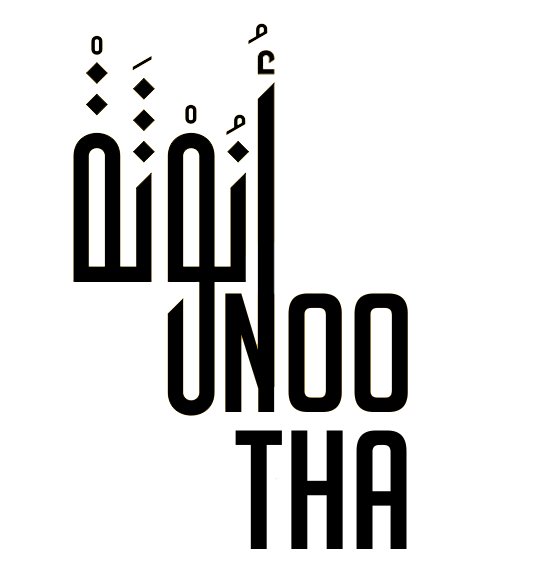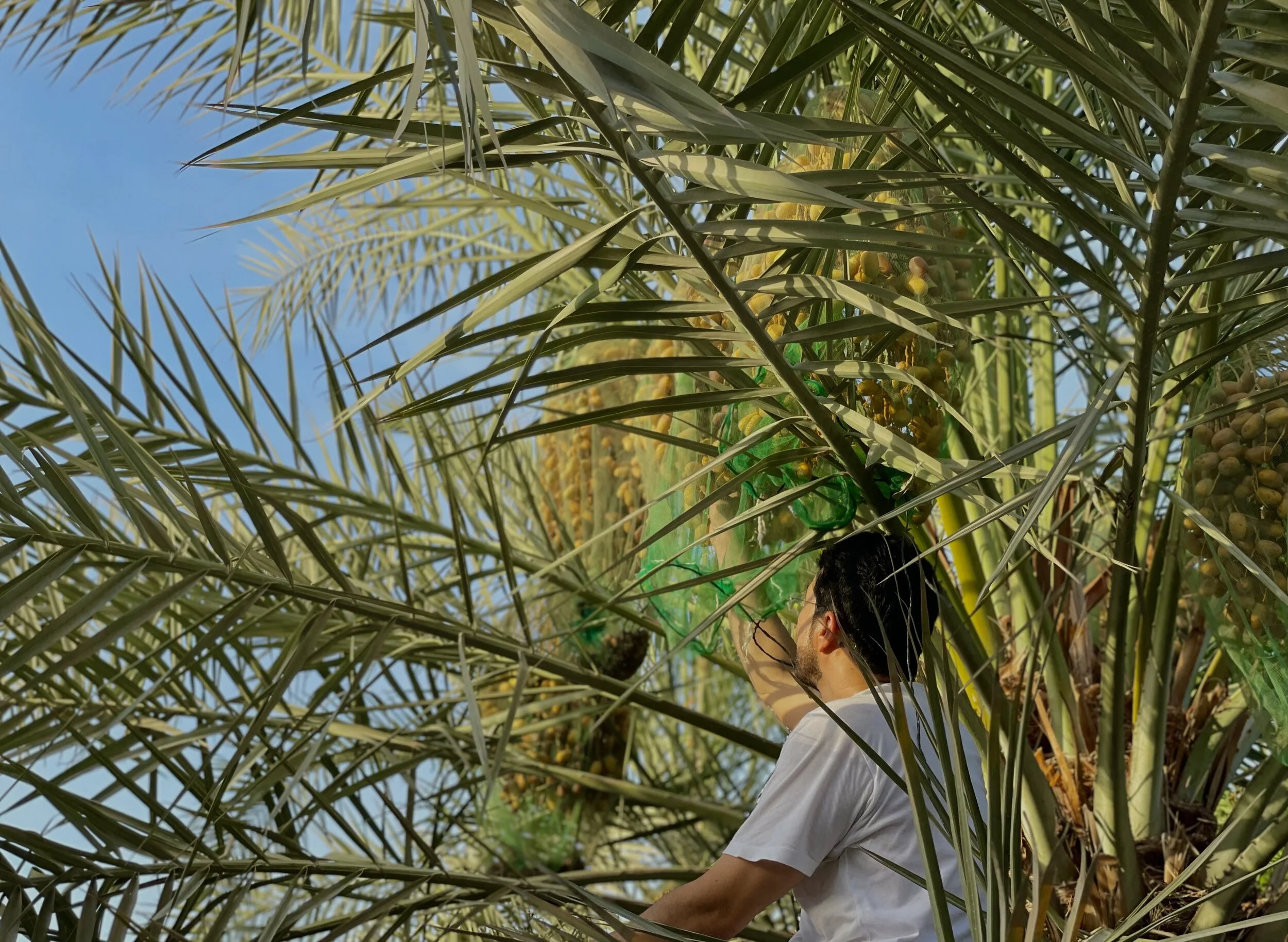Ghufran’s essay explores the complexities of a Muslim girl’s bildungsroman—getting her period, fasting and praying, wearing a hijab, the unspoken rules surrounding her livelihood—and the unexpected grief that comes with it.
Read MoreMaitha AlSuwaidi writes a melancholic letter to her brother: “You’re funny when you try to be. And you’re caring when you want to be. I admire that about you. I also admire that you don’t try hard to impress our mother, and I think your nonchalance ironically impresses her.”
“I agreed to [writing my IBO Extended Essay on Returning to Haifa] simply because it was less than a 100-page read. In retrospect, choosing to write an analysis on it and documenting the Palestinian struggle was one of the best decisions I ever made in academia.
Read MoreAlia AlGhurair shares a gentle reflection on her months February to April. An exploration of change, movement, and binary emotions that co-exist within us, Alia writes an essay that makes us all feel slightly less alone.
Read More“Times are changing, and the prospect of living alone is being laid on the table in even some of the most conservative, family-based societies, like those of The Gulf.”
Read MoreThe breath is what separates the dead from the living, and while we can still be breathing and living, we are oblivious and unconscious, more likely dead than alive.
Read MoreThat dress didn’t care about its location, it spoke for itself and stood out on its own. It had its own borders and made me feel included.
Read MoreThe progression of the plot, nature of the characters, and profound influence of the setting work collaboratively to birth a revolutionary novel.
Read More“You need to know that you aren’t on your own even if everything indicates the opposite. The word needs to reach you.”
Read MoreNevertheless, I think that home is every place I went to and made a memory in (…) I am, maybe, in the pursuit of the place I would eventually call the ultimate home, but maybe my ultimate home is this world we live in.
Read More









